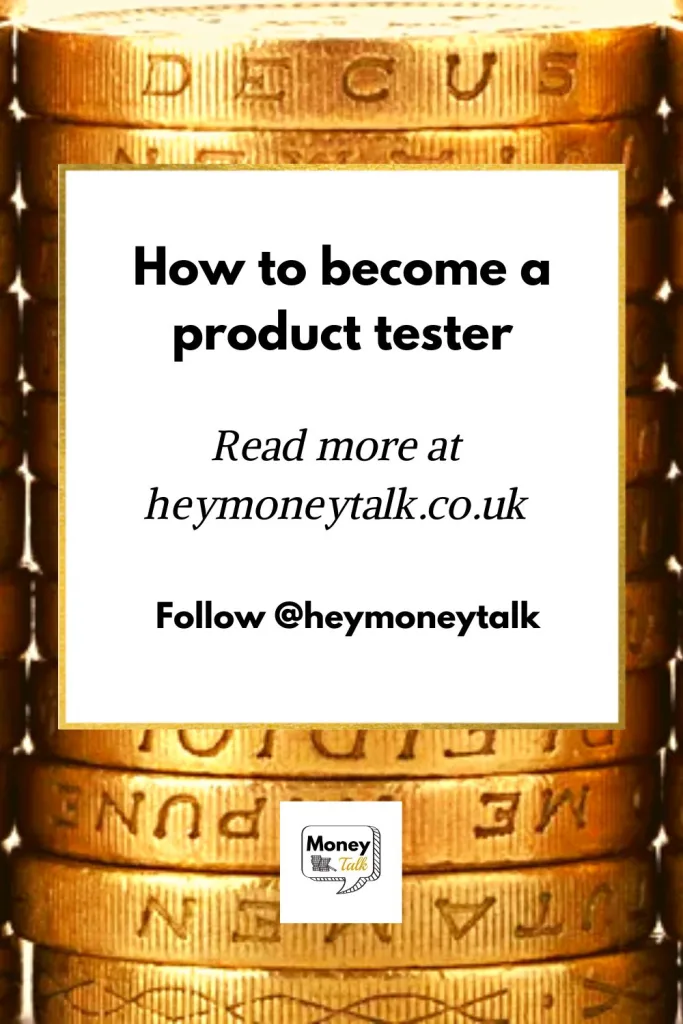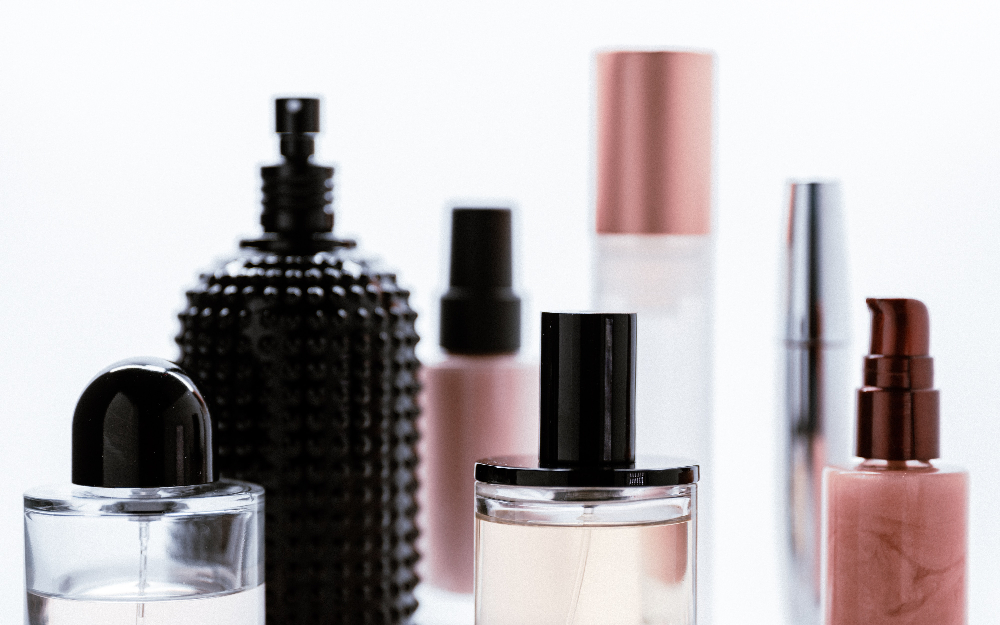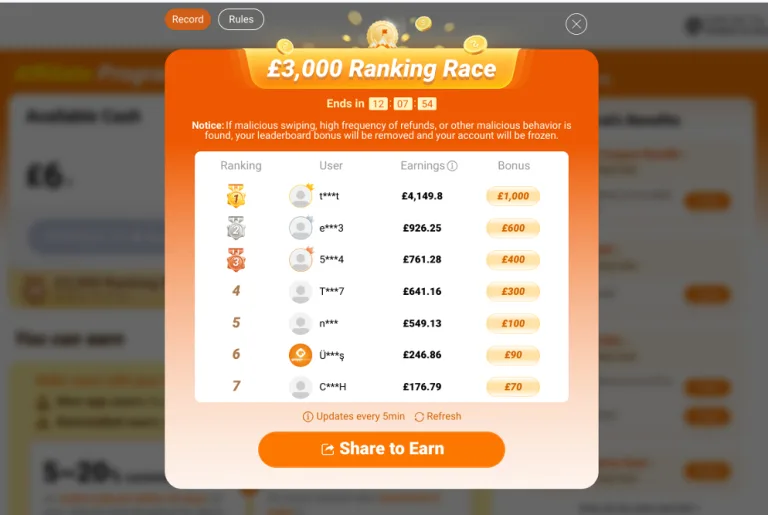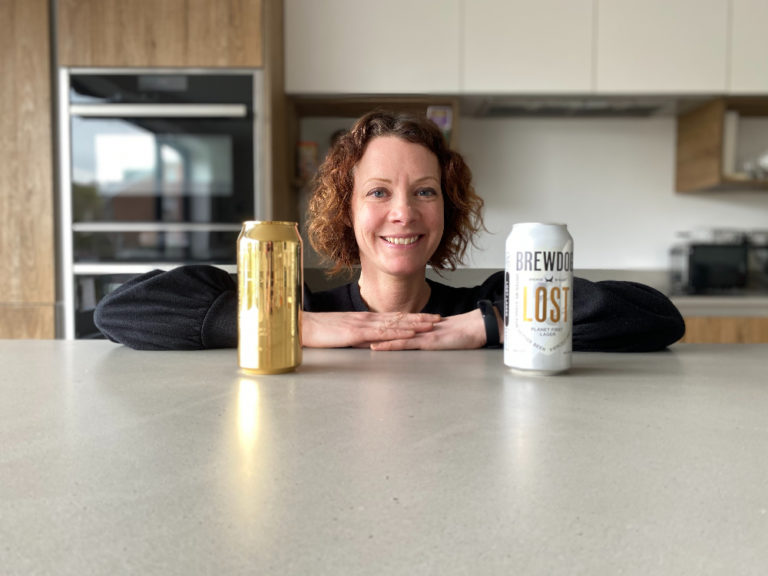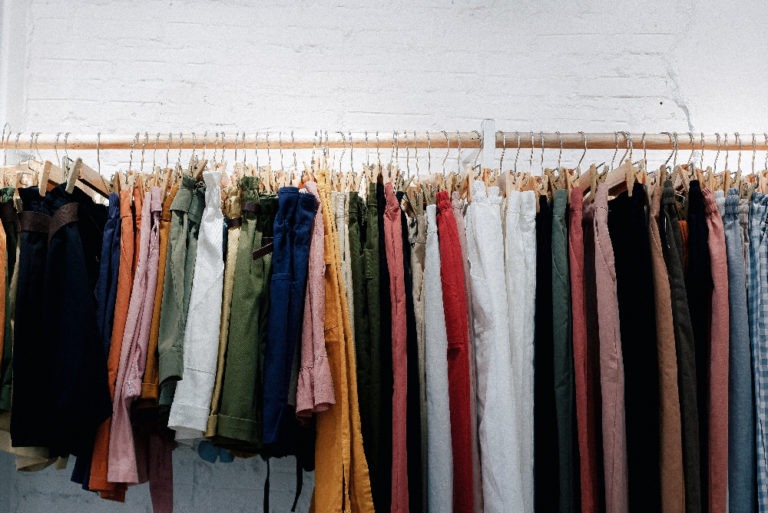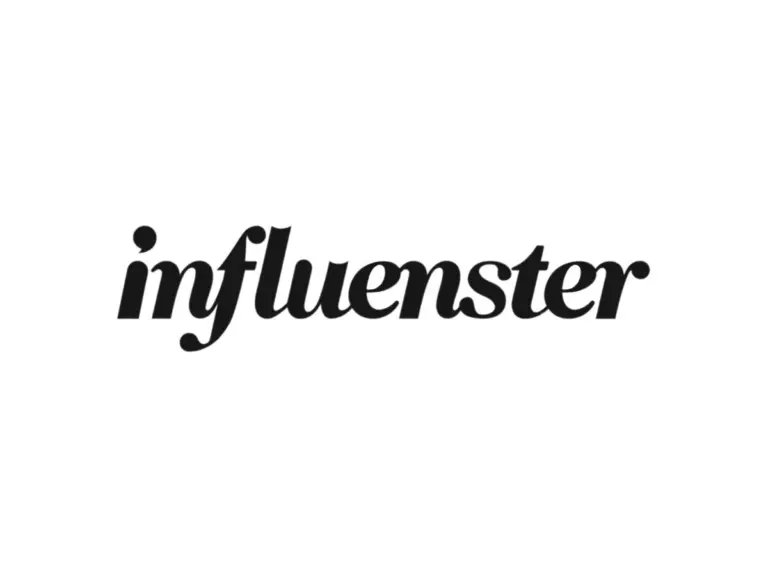How to become a product tester
Money Talk is intended to inform and educate; it's not financial advice. Affiliate links, including from Amazon, are used to help fund the site. If you make a purchase via a link marked with an *, Money Talk might receive a commission at no cost to you. Find out more here.
I’m often testing different products and services as part of my journalism work.
Some products have been super useful, others I couldn’t get rid of fast enough.
Sometimes though, what I’m testing just isn’t right for me – but it might be valuable to someone else.
And that’s the thing: brands want the general public to test their products and services – and to give honest feedback.
It helps them improve existing products and develop new ones.
And that’s why there are so many product testing opportunities out there.
You might not get paid for your time, but you’ll usually get to keep the product afterwards as a thank you.
So how do you become a product tester and what should you be aware of? Here’s what you need to know.
What is product testing?
Product testing as a consumer is quite different from product testing as a journalist.
For my work, I often have to compare multiple samples of the same product (from different brands) to find the best.
They’re existing products, so things you can buy off the shelf or online.
But for consumer product testing, more often than not you’ll be asked to test something that hasn’t hit the market yet.
The feedback you give might go into market research for a brand, or it could go into marketing and promotion.
Are there any downsides?
Lots of brands actively look for product testers, and you don’t need any special qualifications.
However, you do have to fill in some pretty detailed surveys so the brand can build a profile of who you are.
If you’re not into sharing personal information – we’re talking about things like your weight or skin concerns rather than your bank details – then this is probably not for you.
After you fill out those lengthy forms and get accepted as a product tester, there’s no promise you’ll get picked to do any product testing.
Usually brands will look for a specific profile – a mum in her 40s for example – and if you don’t fit the criteria then you won’t be chosen.
Similarly, if you live in a part of the country where there are a lot of mums in their 40s, it can be a luck of the draw as to whether you’ll get picked out of the pool.
So even if you’ve spent ages filling out forms, it could be months or even years before you get your hands on any products.
In some cases, you will also be expected to be active in the brand community before you get picked to test samples.
And then of course there’s the fact that you’re the guinea pig for a new product, which may or may not suit your needs.
How does product testing work in practice?
If you do actually get picked to test a product, you’ll get a sample sent to you in the post, or you might have to pick it up from somewhere.
Depending on what it is, you’ll usually have a couple of weeks to test it.
Unlike a professional product tester, you don’t need to put it through extensive tests – you just need to use it as you would in everyday life.
And then it’s time to give your feedback.
The feedback will be in the shape of more surveys, which might be multiple choice or free text, or you might have to talk to someone on the phone.
You might be asked about your perception of the product – whether the packaging feels luxe or mass market, for example – or how well it worked.
In general it can be quite time consuming, which might help you to decide whether it’s worth it – especially when you can get freebies without doing anything.
Some product testing gigs are paid, but these are relatively rare and typically involve in-person panels.
Product testing and tax
Everyone loves a freebie but what about the tax implications?
Well, this is where it gets tricky because it’s one of those niches that HMRC doesn’t have clear guidance on.
In part, it’s because it depends on your circumstances and the terms of the arrangement for product testing.
In theory, a product or service offered for reviews can be considered a payment in kind, since you’re getting something in exchange for doing something.
If over the course of a tax year, you receive more than a £1,000 worth of these payments in kind, you’ll need to declare it to HMRC for tax purposes.
If it’s less than £1,000 then you don’t need to declare it.
It’s worth bearing in mind that the £1,000 trading allowance only applies to those with a PAYE job – if you’re self employed then any payment in kind is taxable.
The grey area is that if the product cannot be exchanged for money then it cannot be taxed, for example if it’s a non-transferable service.
The good news – or maybe bad news – is that most products offered for testing will be far below the £1,000 threshold for tax.
Which brands need product testers?
There are two ways you can become a product tester: apply directly with a brand, or through a marketing or research company specialising in product testing.
Here are some of the places where you can apply to be a product tester:
Beauty and skincare product testing
- Alba Science – new cosmetics
- Boots volunteer panel – range of brands, including Boots’ own
- CeraVe – skincare
- Elemis* – skincare
- Glamour Beauty Club – skincare, makeup and more
- Jurlique* – skincare
- Lancôme – skincare, makeup and more
- La Roche-Posay – skincare
Gadget product testing
- Ann Summers – adult products
- Philips* – new Philips gadgets
- Shark – new Shark and Ninja gadgets
Mixed category product testing
- Amazon Vine* – a mix of everything, but invitation-only
- Clicks Research – mix of surveys and product testing, paid in points
- Home Tester Club – can be any type of product
- Influenster* – mix of products, but mostly food or beauty
- Ipsos i-Say* – mix of surveys and product testing, paid in points
- Mingle – mix of surveys and product testing, paid in points
- Pinecone Research – mix of surveys and product testing, paid in points
- Super Savvy Me – only P&G products and gadgets
- Tesco Home Panel – non-food products sold in Tesco but mostly surveys
- Toluna – mix of surveys and product testing, paid in points
- TRND – can be any kind of product
Is product testing worth it?
Whether product testing is worth it all depends on your objective.
Because it’s so time consuming, the monetary benefits you gain might be far less than if you had spent the same amount of time on a side hustle for example.
But as a hobby, it can be fun.
If you just want to try out new products then it can also be a good way to do it.
This post was originally published in September 2023. It was updated in March 2025.
Pin this for later
